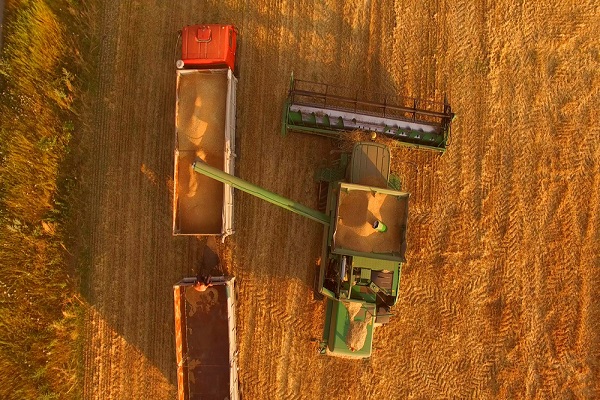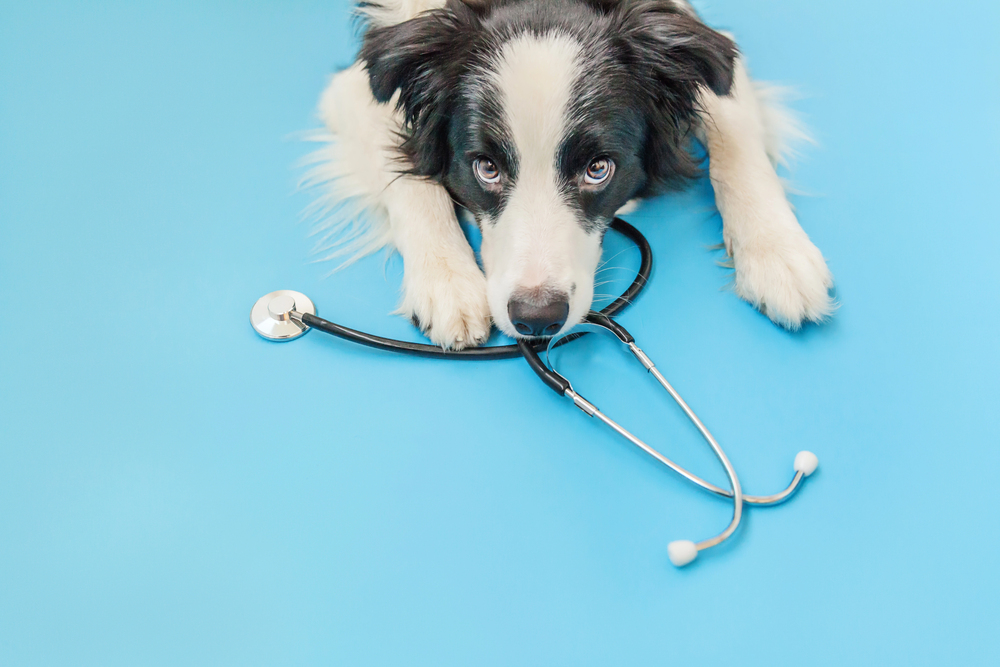Help Clients Mitigate These 4 Emerging Agribusiness Risks

By: Louis Bridges
Agribusiness is a broad industry that encompasses agricultural products and services involved in growing, processing and distributing food. The industry contributed over $1 trillion to the U.S. gross domestic product (GDP) in 2020, according to the U.S. Department of Agriculture (USDA), representing 5% of the nation’s GDP.
As one of the largest and most diverse industries in the U.S. economy, risk exposures in agribusiness are many and varied. As agribusiness owners face evolving and unique risks, they need insurance agents with industry insight and expertise who monitor emerging risks and developments to identify coverage gaps and make recommendations for risk management strategies that mitigate exposures.
Agents with agribusiness expertise not only provide personalized service but also effectively analyze operations and identify opportunities to build a comprehensive plan to protect against the many risks associated with the agribusiness industry.
Help educate agribusiness owners on the following exposures:
1) Commodities risk and unavoidable crop loss. Commodities risk deals with the uncertainties surrounding future market values and the size of future income. For agribusiness, this is an exposure that varies by commodity and can significantly impact revenue. Unavoidable loss can occur with crops like cotton and peanuts, which can overheat and spontaneously combust in storage, or blueberries, which can rot easily.
Crop loss can also occur as a result of natural disasters, such as tornadoes and hail, as well as contamination issues, such as when irrigation water becomes contaminated with bird or fish feces.
To help agribusiness clients address commodities and unavoidable crop loss risks, agents and brokers should understand market trends and crop dynamics, tailoring insurance solutions that address the right protections for each business’s unique exposures.
2) Climate and pollution risk. The frequency and severity of natural catastrophes, including tornadoes, floods, heatwaves, droughts, wildfires, and hurricanes, have been increasing in recent years. These events present a growing risk to agribusiness, which is highly vulnerable to their impacts.
As extreme and unpredictable weather events increase, farmers are seeing decreases in crop growth, quality and quantity, as well as livestock productivity, resulting in climbing economic losses. In 2021 alone, total crop and rangeland losses from major disasters were estimated at over $12.5 billion, according to the American Farm Bureau Federation.
Pollution or environmental risk is an exposure for every agribusiness. Some of the environmental loss exposures in farming include ground and surface water contamination, odor, crop overspray, and fertilizer spills or releases.
When it comes to this risk exposure, agents and brokers should make sure agribusiness owners understand what is and is not covered by standard commercial general liability policies, all of which contain a pollution exclusion clause. Helping clients understand the available options that are designed to address pollution risk exposures, such as specialized agribusiness environmental insurance products, will mean more complete coverage no matter the weather event.
3) Cyber risk. Like many other industries, the agribusiness sector is increasingly integrating technology into many facets of its operations. While innovations—such as autonomous tractors and harvesters, internet-connected temperature and moisture sensors, and automated pesticide sprayers—are making operations more efficient and productive, they are also increasing vulnerability to cyberattacks.
Bad actors can exploit these technologies, interfering with signals or sensors controlling pesticide and irrigation systems or disrupting GPS signals directing autonomous vehicles, leading to damaged crops and vehicles.
In 2021, the FBI Cyber Division warned that cybercriminals were targeting the food and agricultural sector with ransomware attacks. It also noted that these attacks disrupt operations, cause financial loss and negatively impact the food supply chain.
Agents and brokers should educate agribusiness clients about cyber risk and encourage them to add cyber insurance coverage to mitigate the potential for devastating losses. Agribusiness owners should understand that these policies are no longer considered a nice-to-have protection but are now essential for protecting businesses in the digital era.
Business owners should understand how cyber insurance policies help pay for financial losses incurred in the event of a cyberattack or data breach, as well as cover other related costs such as crisis communications and legal services.
4) Rising costs. Construction and labor costs continue to rise with a forecasted 14.1% year-over-year increase by the end of the year as labor and material expenses continue to march upward, according to CBRE’s 2022 Construction Cost Index.
Such an increase has profound implications for agribusiness. “Soaring construction demand, inflation, pandemic-related restrictions, supply chain disruptions, labor shortages and the war in Ukraine are spurring rising costs and uncertainty across the construction industry,” the report noted.
Agents and brokers should discuss with their agribusiness clients how rising construction costs can impact property replacement value and rebuild costs. It is important to work with agribusiness owners to consider the impact rising expenses have on their business and how to factor those into calculating the cost to rebuild and repair buildings and secure the right coverages.
Louis Bridges is a senior risk consultant with Insurance Office of America. Bridges is based in Georgia and is responsible for new business development as well as the expansion of IOA’s agribusiness division.










